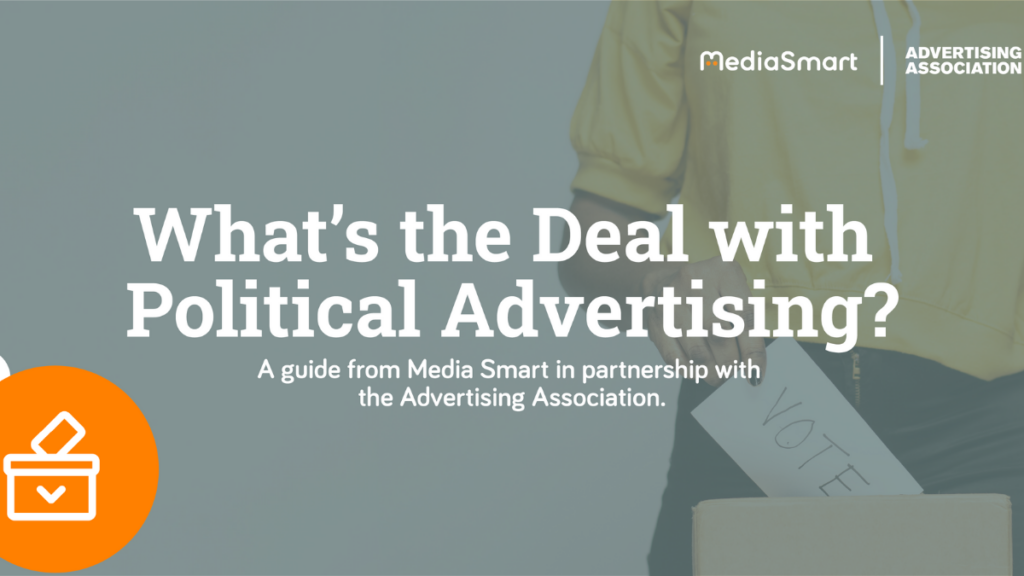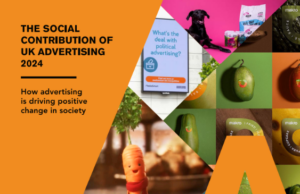Media Smart, the advertising and media industry’s education programme, has partnered with the Advertising Association, the UK advertising industry trade body, to publish ‘What’s the deal with political advertising?’. The guide aims to help people, especially young people preparing to vote for the first time, understand ads they may see ahead of this year’s local, mayoral, and general elections. #
The publication coincides with the publication of data from UK advertising thinktank, Credos, which shows 44% of people are concerned about political advertising, with people significantly less likely to trust political advertising (29%) than all/commercial advertising (39%).
Media Smart worked with youth-focused creative agency, Livity, to produce the guide which covers election advertising rules; how platforms are responding to digital and AI-generated content; steps to tackle misinformation and fact-checking; and how people can improve their political literacy with a range of resources. It also highlights how commercial advertising, subject to rules enforced by the ASA differs to political advertising campaigns.
According to Credos research, people are unsure about how political advertising is regulated:
- Almost three quarters of people (73%) believe that political advertising should be subject to the same rules and regulations as other forms of advertising (12% disagree and 14% don’t know).
- Two in five people (39%) believe there is too little/no regulation, while a third (33%) think it’s about right, 10% think there is too much, and 18% don’t know.
- Young people are most likely to trust political advertising (48% of 18-34s compared to just 13% of over 55s), but also had the highest levels of concern (49% of 18-34s compared to 44% of all people, 46% of 35-54s and 38% of 55+).
Rachel Barber-Mack, Executive Director, Media Smart, said: “In this year of elections, we want to help young people, especially those preparing to vote for the first time, fully understand political advertising. Research shows nearly half trust political advertisements, but a similar level have concerns. We have a responsibility to make sure they know how to read, check, and understand any advertising information received to help inform their voting decisions.”








